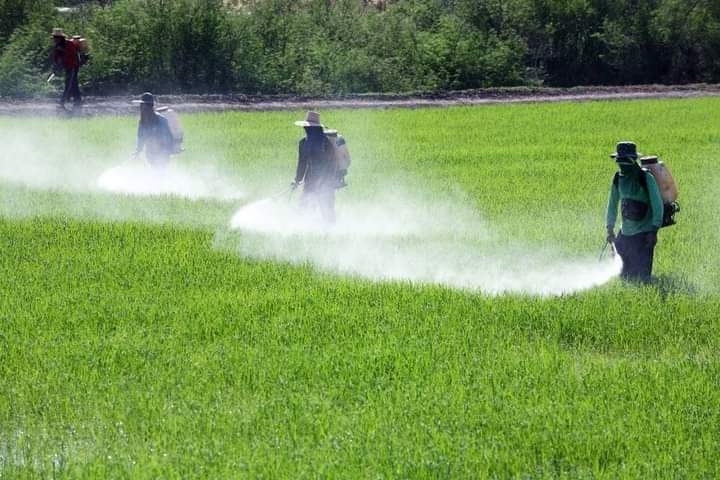The relationship between agricultural pesticides and climate change is a topic of growing concern in the scientific community. Pesticides, which play a crucial role in modern agriculture by protecting crops from pests and diseases, can have both direct and indirect impacts on climate change.
Causes of climate change
One direct impact is the carbon footprint associated with pesticide production and application. The manufacturing process of pesticides often involves energy-intensive procedures, leading to the release of greenhouse gases into the atmosphere. Additionally, the transportation, storage, and disposal of these chemicals contribute to their overall carbon footprint.
Indirectly, the use of pesticides can influence climate change through its impact on ecosystems. Pesticides may disrupt the balance of local ecosystems, affecting biodiversity and contributing to the decline of certain species. This ecological imbalance can have cascading effects on the environment, potentially altering carbon sequestration processes and the overall resilience of ecosystems to climate change.
Harm
Moreover, the misuse or overuse of pesticides can lead to soil degradation and water contamination. These environmental consequences can further exacerbate climate change by reducing soil fertility, disrupting water cycles, and affecting the overall health of ecosystems.
On the positive side, integrated pest management (IPM) practices are gaining traction as an alternative approach. IPM focuses on minimizing the use of pesticides and emphasizes ecological strategies, such as biological control and crop rotation, to manage pests sustainably. By adopting such practices, farmers can reduce their reliance on chemical pesticides, mitigating the environmental impact associated with conventional pesticide use.
In conclusion
the relationship between agricultural pesticides and climate change is complex and multifaceted. While pesticides play a crucial role in ensuring food security, their environmental footprint cannot be ignored. Sustainable farming practices and the adoption of alternative pest management strategies are essential for mitigating the impact of pesticides on climate change and promoting a more resilient and ecologically balanced agricultural system.
Post time: Mar-13-2024


